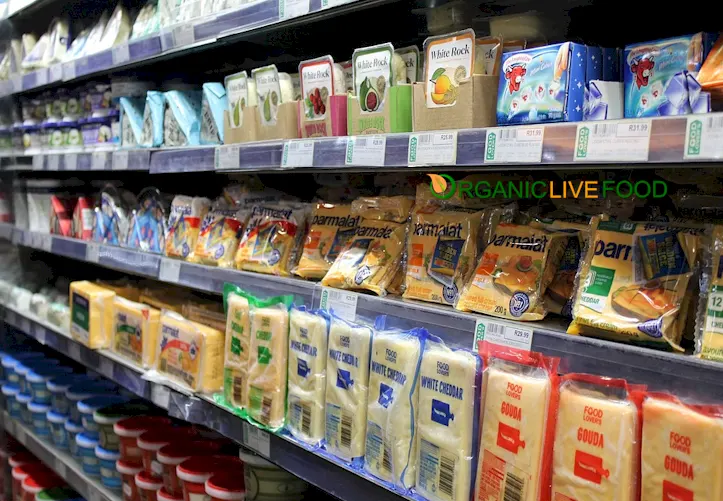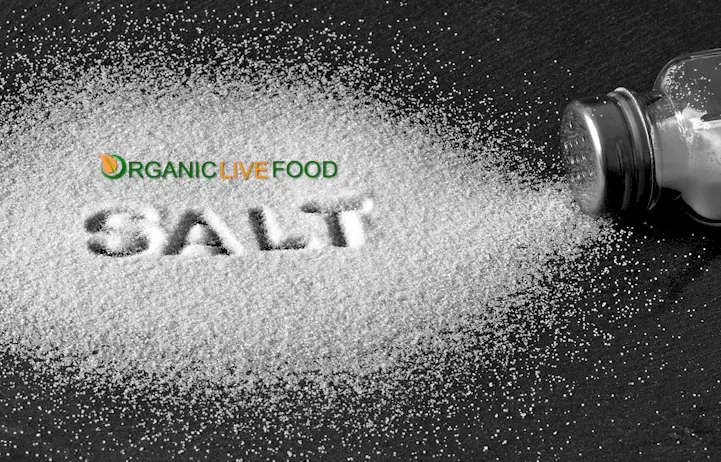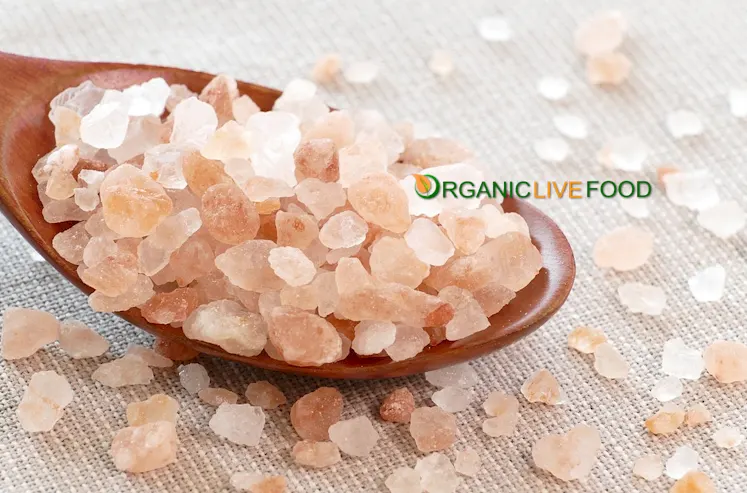The latest dietary guidelines emphasize the importance of reducing salt intake to promote better health outcomes. Excessive salt consumption has been linked to various health issues, including hypertension, cardiovascular diseases, and kidney problems. By restricting salt use, which are used EXCESSIVELY in frozen foods, processed foods, and fast foods, individuals can significantly lower their risk of developing these conditions and improve overall well-being.
Research supports the concerns raised regarding salt intake. Studies have consistently shown a strong correlation between high salt intake and elevated blood pressure levels, a leading risk factor for heart disease and stroke.
According to the World Health Organization (WHO), reducing salt intake to less than five grams per day can lower blood pressure and decrease the incidence of cardiovascular events by up to 25%.

Excessive salt consumption is associated with adverse effects beyond cardiovascular health. It can lead to kidney damage, osteoporosis, stomach cancer, and other health problems.
The body requires only a small amount of salt to function properly, and most people exceed their daily salt intake through processed and packaged foods, fast foods, processed foods, as well as added salt during cooking and at the table. Therefore, reducing salt intake is a critical step in improving health and preventing chronic diseases.
Implementing strategies to reduce salt consumption requires collaborative efforts from multiple stakeholders, including individuals, food manufacturers, policymakers, and healthcare professionals.

However, food manufacturers and policymakers have shown unwilling to enforce a reduced-salt dietary focus.
Public awareness campaigns about the risks of high salt intake and the importance of reading food labels have not effectively informed consumers to make healthier choices.
Additionally, policymakers have not enacted meaningful regulations to limit the salt content in processed foods, while healthcare providers have not offered effective guidance and support to patients on adopting low-sodium diets.
Individuals concerned about their health and the well-being of their family members and children need to consider restricting salt use based on the latest dietary guidelines that reflects growing concerns about the health consequences of excessive salt consumption. By raising awareness, promoting education, and implementing measures, we can work towards reducing salt intake and improving the health and well-being of the population.
Clever marketing campaigns and social media posts on the so-called benefits of different types of salts like pink salt and black salt, the latest guidelines based on credible research (not funded by lobby groups) say that irrespective of the variety of salt, their consumption should be limited as the sodium content in all varieties of salts is almost similar.

Nutrition and weight management are essential for ensuring optimal health, vitality, and overall well-being.
Each individual's dietary needs vary based on factors such as age, gender, activity level, and health status.
Various weight loss plans, including the Atkins diet, ketogenic diet, paleo diet, Mediterranean diet, intermittent fasting (such as 12:12 and 16:8), and tailored diets for specific demographics like women, seniors, and children, offer different approaches to achieving weight loss and promoting health.
Additionally, incorporating fresh, organic meal kits into one's routine can simplify meal preparation and ensure access to nutritious foods while supporting weight loss goals.
These approaches emphasize the importance of balanced nutrition, anti-inflammation, mindful eating, and sustainable lifestyle habits to support long-term health and vitality.
Here are some of the main questions people have about weight management:
2. What is the best diet for weight loss?
3. How many calories should I eat to lose weight?
4. What are the most effective exercises for weight loss?
5. What foods should I avoid when trying to lose weight?
6. What is the ketogenic diet and does it work for weight loss?
8. Are there any weight loss supplements that actually work?
9. What are some healthy meal prep ideas for weight loss?
10. How can I stay motivated to lose weight?
11. What is 'Precision Nutrition' and does it work or help to lose weight?
OrganicLiveFood.com community is dedicated to our wonderful members who are making small subtle changes to their eating habits each day in order to be more healthy and active and have a vibrant lifestyle. Eating healthy food is not a chore nor is it tasteless. Throw together a lovely salad with strawberries, blueberries, walnuts, sesame seeds and nice fresh leafy lettuce and then ask yourself if you still want boring French fries.
Imagine if you could have highly nutritious food every day that would help to boost your energy level and reduce fat in your body. Superfoods are highly efficient for lowering the cholesterol level, reducing heart disease, diabetes and cancer, while giving your energy and amazing nutrients.
We have divided superfoods into 5 categories of green superfoods, seaweed superfoods, herb superfoods, bee superfoods, fruit and nut superfoods. There are also other superfoods such as cacao beans, avocado, tea and omega 3-rich wild fish.